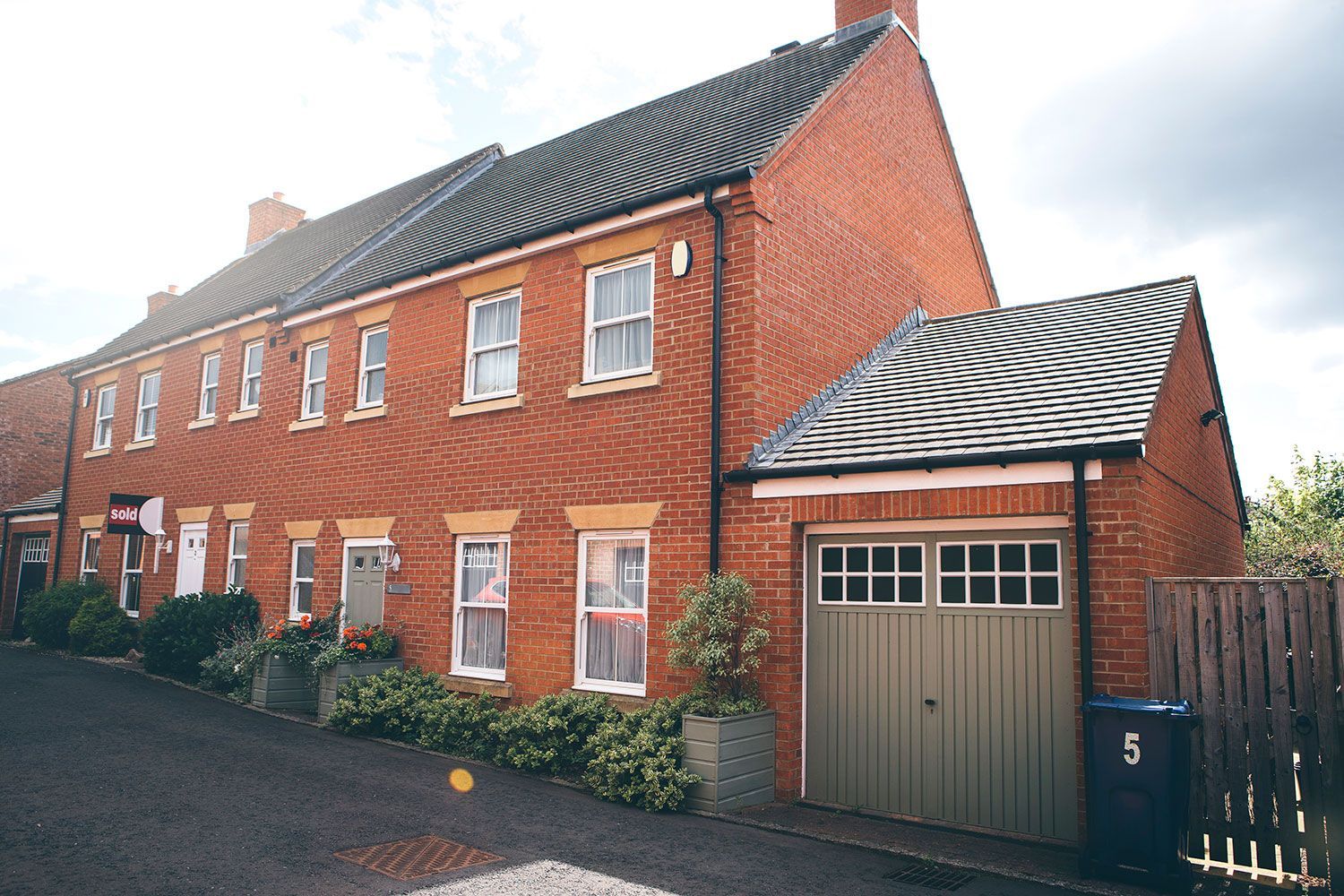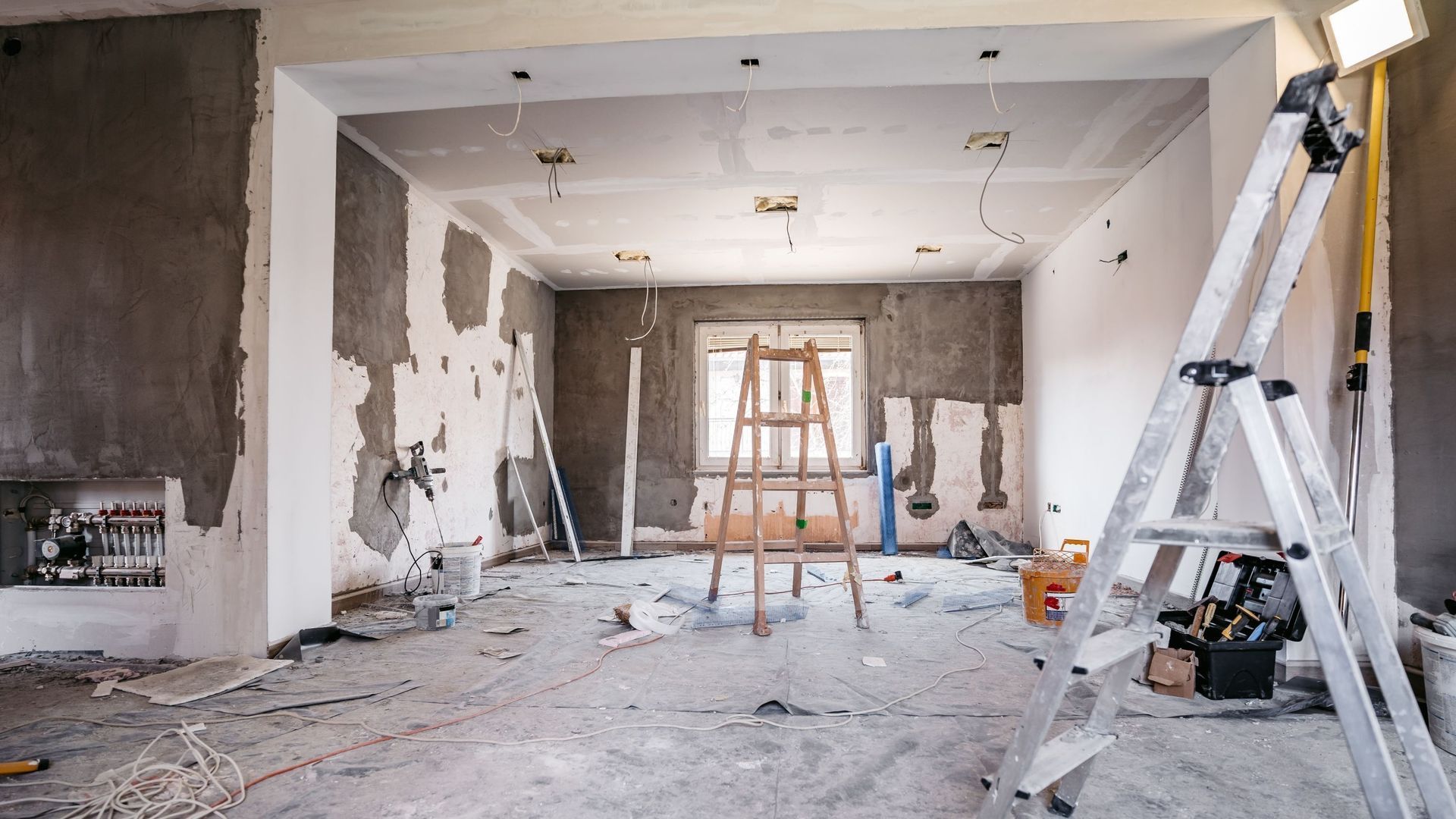Prioritise Safety: Arranging Asbestos Removal in Aberdeen
Asbestos is a fibrous mineral generally found in fire resistant and insulating materials. These fibres can release miniscule particles into the atmosphere, which can be dangerous if inhaled in large quantities. It is because of these health risks that the UK outlawed the use, supply and manufacturing of asbestos containing materials (ACM) in 1999. Since then, efforts have been undertaken to remove asbestos from existing buildings.
Types Of Asbestos
Identifying the type of asbestos used in your building can help you to understand how at-risk you may be, as well as what kind of removal processes will be necessary. There are six main asbestos types, which include:
Chrysolite, or white asbestos - the most common type, found in insulation materials in older homes and businesses, and also used in a range of manufacturing processes
Amosite, or brown asbestos - one of the more hazardous types, this is found in cement sheets, as well as insulation for pipes and houses
Crocidolite, or blue asbestos - this is found in insulation for steam engines as well as plastic and cement products
Anthophyllite - a rarer form not usually used in consumer products, but can be found in some construction materials
Tremolite - used in a limited capacity, this type can be found in some insulation and construction materials
Actinolite - now generally out of use, this type was previously found in cements, paints and sealants
Understanding The Risks
Exposure to asbestos containing materials over an extended period of time can cause a range of serious health conditions. Asbestos fibres are strong and heat resistant, where they do not dissolve in water or the atmosphere. This means they are very durable and can be difficult to remove safely from the air.
Health risks related to asbestos exposure generally relate to lung conditions, where blue and brown asbestos types are the most dangerous. Asbestos can cause an increased cancer risk in the lungs, larynx, abdomen or ovaries. Other conditions could include breathing difficulties and a general or localised thickening of the lung lining, which could inflict a range of serious health problems. These can develop from exposure to low asbestos levels over an extended period, as well as exposure to high doses on fewer occasions.
Asbestos Surveys & Removal
If you think you have asbestos containing materials in your home, or if you have uncovered asbestos during a construction project, then it is important to not try and remove it yourself. If the material is damaged, then attempting to clean or hoover the fibres could spread them through your home further.
Removal and cleaning should always be carried out by a professional, who can ensure that the proper safety measures are in place. An asbestos removal professional will then conduct a survey of your materials, where they will locate the material, assess its type and quantity, and decide on a procedure for making the site safe. Your asbestos removal professional will undertake a tightly controlled process to remove the material safely. The remover is required to wear a high grade of personal protective clothing, where they will recommend that any residents vacate the property until it is safe.
They will then turn off heating and air conditioning vents to prevent further circulation of fibres, and seal off the area with professional plastic sheeting. The fibres are then deep-cleaned from the property using specialist filters and equipment, where all the waste materials are removed from the site in sealed containers for proper disposal.
Asbestos Sealing Vs Removal
Asbestos materials can be sealed by a professional, which is a quicker and cheaper process compared to a complete removal. A sealant is applied as a protective layer to prevent the release of fibres, and to stop the asbestos containing material from being knocked or damaged. An additional protective layer or sheet may then be applied over this for added security. Your professional will then carry out tests to ensure the space is now safe to inhabit.
A complete asbestos removal is a more efficient process, although it can be more expensive and time consuming, where you will need to vacate the space for longer to ensure all fibres are removed. Removals also mean added cost to dispose of the removed material, which must be done according to government regulations. Only asbestos containing materials of good quality can be sealed, whereas materials that are already damaged will necessitate a complete removal for optimal safety.
Licensed Asbestos Removers
As safe removal of asbestos has important legal and health ramifications, it is necessary to ensure that your professional is properly certified to complete this kind of work. A certified professional will have all the proper training, and will be able to guarantee the safety of your property once the process is complete.
There are several certification types for this industry, where three key associations and licensing bodies include:
Asbestos Removal Contractors Association (ARCA) - this association vets and certifies asbestos removal professionals, ensuring that they have all the necessary training
United Kingdom Asbestos Training Association (UKATA) - this association provides high quality asbestos training and safe work-practice guidances to its members
Health and Safety Executive (HSE) - this is the UK’s national regulator for health and safety standards in the workplace, where they can licence work activities that involve substantial risk factors, including asbestos removal
Asbestos Testing In Aberdeen
At Gowrie Contracts Ltd, we can carry out an asbestos survey or test on your property in order to give you a comprehensive insight into the work that needs to be carried out. Our experts can identify different asbestos types and quickly assess the risks, providing you with an efficient plan of action for how best to proceed.
Asbestos Removal Costs In The Aberdeen Area
After we have assessed your materials we will then be able to provide you with a tailored quote for how much the removal process will cost. Every project and site is different, where removal costs will vary depending on the type or quantity of asbestos that we find. As we make this cost assessment, we always place an emphasis on safety throughout, where we will never cut corners or compromise on proper procedures.
Removal & Disposal
Once your asbestos has been properly assessed we can begin the removal process. We utilise the Safe Strip System, which is a wetting injection process that allows asbestos to be extracted safely. We can then carry out full site decontamination and environmental cleans.
If your asbestos containing materials are in a smaller quantity and still undamaged, then we can carry out an encapsulation, which will take less time than a total removal process. In addition to this, we are licensed to take care of the asbestos disposal process from start to finish in the Aberdeen area, where we have waste management practices in place to ensure the safe and legal removal of asbestos materials.
Gowrie Contracts Ltd: Services You Can Trust
Discovering asbestos in your home or business can be a great source of stress, but we are here to manage the whole process and ensure everything is taken care of safely. We hold a three-year asbestos licence from the Health and Safety Executive, where all our processes meet high government standards for proper procedures. We operate in the Aberdeen area all year round, where we can quickly be called out to your site to manage your asbestos problems.
We offer asbestos testing and removing services in several other areas across Scotland, including Fife, Inverness, Stirlingshire and Perth. This means we are well-known and trusted in the local area, where you can depend on us for safe and affordable asbestos handling.
Our services also include demolitions, land remediation, building strip-outs and land reclamations, where we are equipped to carry out work on both a domestic and commercial scale. We have over thirty years experience in completing all kinds of construction work, where we always prioritise safety and customer care across all our projects.
For more information about our services, or to book an asbestos test, then
contact us today and we’ll be happy to support you. Alternatively you can browse
our catalogue of recent work and case studies for a comprehensive overview of the services we provide.
BUSINESS HOURS
- Mon - Thu
- -
- Friday
- -
- Sat - Sun
- Closed
Registered Company Name: Registered Company Name: Gowrie Contracts Ltd
Registered Address: Registered Address: 9 Faraday Street Dryburgh Industrial Estate Dundee DD2 3QQ
Registered Company Number: Registered Company Number: SC311140




